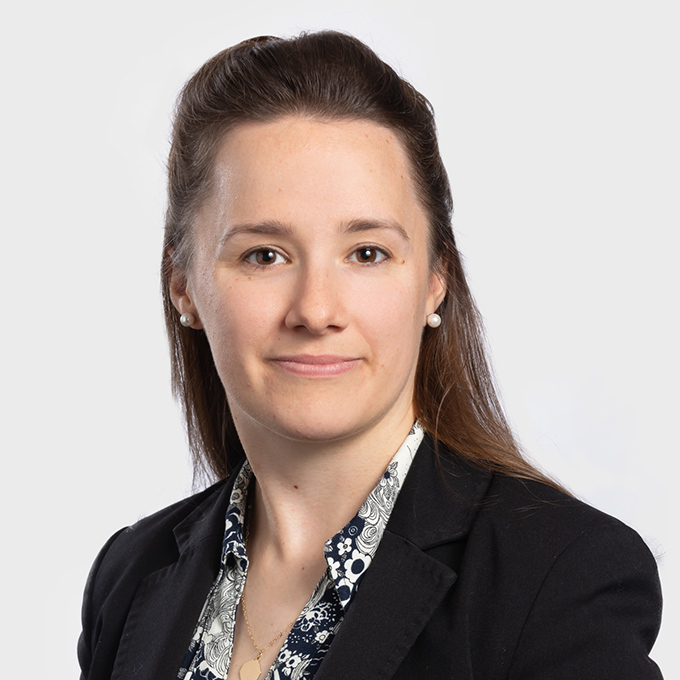As charity regulation continues to increase in complexity, here’s a reminder for those involved in the preparation and scrutiny of financial statements of charities.
What are the thresholds for the different levels of scrutiny?
The relevant threshold will depend on whether a charity is registered in England and Wales and/or Scotland as the requirements are different.
The independent examination threshold in England and Wales is:
- If the charity has income of more than £25,000, an independent examination is required. This must be carried out by an independent person who is reasonably believed by the trustees to have the requisite ability and practical experience to carry out a competent examination of the accounts.
- If the charity has income of more than £250,000 (but below the audit thresholds still) then an independent examination must be carried out by Fellows of the Association of Charity Independent Examiners or members of eligible accounting bodies eg ICAEW, ICAS, or ACCA.
In Scotland, an independent examination is required regardless of the income level.
The audit threshold in England and Wales is:
- Gross income in the year is greater than £1 million, or
- Gross assets of more than £3.26 million and income of more than £250,000.
The audit threshold in Scotland is:
- Gross income is greater than £500,000,
- Gross assets of more than £3.26 million and income of more than £250,000, or
- Gross assets of more than £3.26 million and accruals accounts; these are required in Scotland for all charitable companies and for unincorporated charities and Scottish Charitable Incorporated Organisation (SCIOs) when gross income is more than £250,000.
OSCR provide a useful flow chart to assist with the thresholds in Scotland.
As demonstrated above, the thresholds are quite complicated. Care will need to be taken when assessing the thresholds, including when:
- The charity’s constitution specifies that a certain level of scrutiny is always required,
- The assessment of ‘income’ level where a charity has an endowment fund, and
- It’s a long financial period; the thresholds cannot be prorated for a period longer than 12 months.
An audit is therefore significantly more involved at the planning, fieldwork and completion stages.
This has inevitable implications for the costs of the work and therefore the fees charged to the charity.
However, an audit should bring additional benefits to the charity, as the auditor’s work leads to a much more detailed understanding of the charity. For example, an audit includes building an understanding of the charity’s key systems and controls and as a result of this the auditor will feed back about any identified deficiencies in the controls.
How should a charity get prepared?
As an independent examination is much more limited in scope, the amount of information the examiner will require will also be more limited. Usually, the examiner will ask for a small initial deliverables request (covering draft accounts, accounts workings, board minutes, bank statements, breakdowns of balance sheet items and any new significant contracts) which will then be followed up by queries during the examination work.
Where an audit is required, the auditor should provide a deliverables list well ahead of the audit to enable the charity team to properly prepare. This may seem extensive but will mean the period of the audit fieldwork will run much more smoothly as requests through the testing become more manageable.
In both cases, it’s important to be well prepared and know what the examiner/auditor is expecting and what deadline everyone is working towards.
If the charity is well prepared, whether it’s an independent examination or an audit, the process will run more efficiently for all involved.
How we can help
Financial results should be monitored throughout the year so that any changes in the charity’s scrutiny requirements do not come as a surprise and can be properly planned for.
If you’d like any further information and specific guidance on the areas discussed, please get in touch with Helen Harte.
Contact us
Director, London
Key experience








